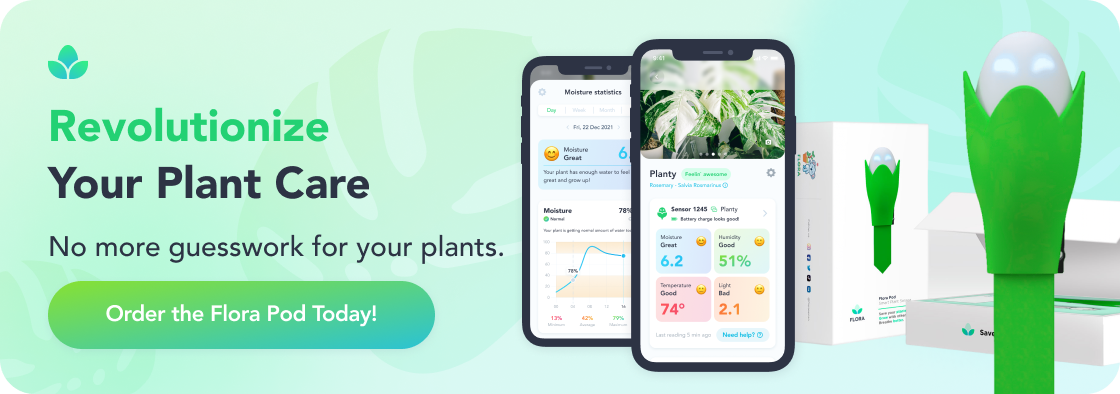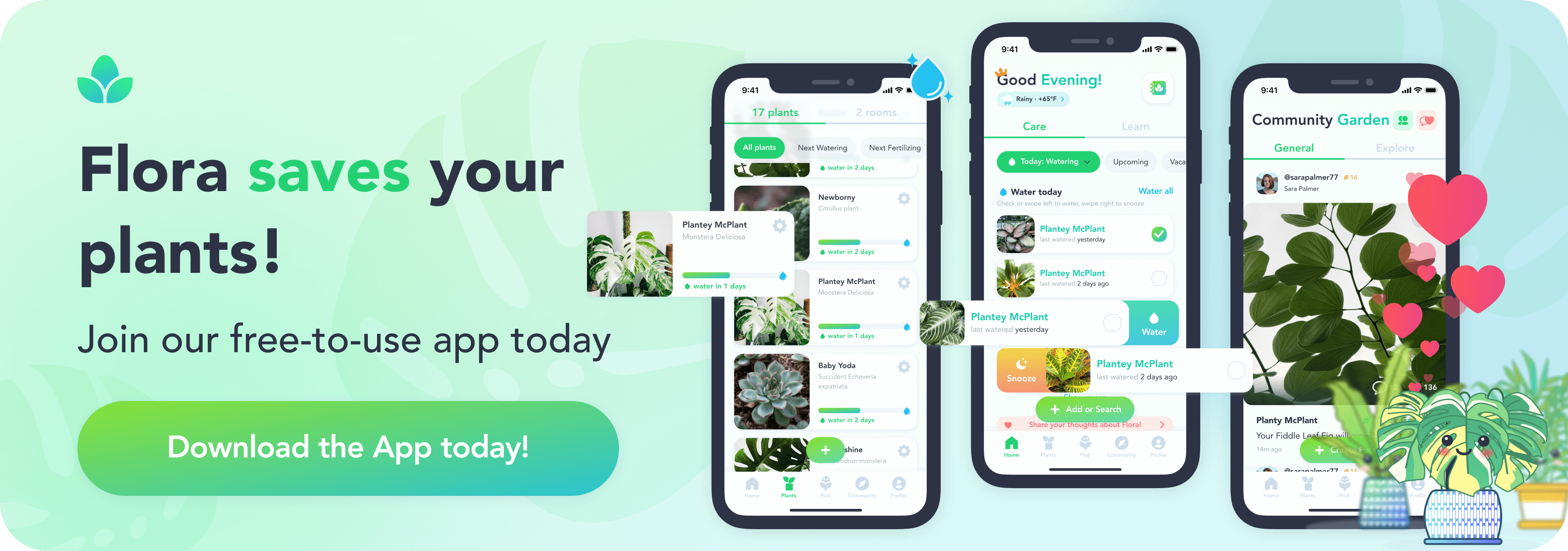Are African Violets Toxic? Pet Safety Guide

African violets (Saintpaulia) are popular houseplants known for their beautiful blooms and lush foliage. For pet owners, the safety of houseplants is a priority, particularly when it comes to their furry friends. Understanding the toxicity of African violets is essential for ensuring a safe environment for both your pets and your plants. In this guide, we'll delve into the question of African violet toxicity, especially concerning cats and dogs.
Understanding African Violet Non-Toxicity
When we refer to African violets as non-toxic, it means that these plants lack harmful chemicals that could cause serious illness or death in pets, such as cats and dogs. This classification is crucial for pet owners seeking to create a safe and welcoming environment for all members of their household, including their furry friends.
The Meaning of Non-Toxic
The designation of a plant as "non-toxic" is based on its chemical composition and the absence of known toxic substances that could affect animal health adversely. In the case of African violets, this means they do not contain substances that are harmful to the body’s systems in pets. Pet owners can feel confident having these plants in homes with pets, knowing that they do not pose a significant risk of poisoning.
Potential Risks of Non-Toxic Plants
However, the term "non-toxic" does not imply that a plant is entirely harmless if ingested. While African violets won't cause severe toxic reactions in pets, they can still lead to mild gastrointestinal upset. This is because the digestive systems of cats and dogs are primarily adapted to digesting animal proteins and certain carbohydrates, and not necessarily the fibrous material found in plant leaves.
When pets ingest plant matter, especially from houseplants like African violets, their stomachs may react to the unusual material. Common symptoms can include:
Vomiting: Expulsion of stomach contents can occur if the pet's stomach attempts to rid itself of indigestible or irritating material.
Diarrhea: As the plant matter moves through the gastrointestinal tract, it can irritate the intestines, leading to loose or watery stools.
These symptoms are generally mild and often resolve on their own without the need for extensive medical intervention. It's important for pet owners to ensure that their pets have access to clean water to prevent dehydration and to monitor their pets for any signs of distress.
Best Practices for Pet Owners
To minimize any risks associated with non-toxic plants like African violets, pet owners should consider the following precautions:
Placement: Keep plants in areas that are less accessible to pets to avoid temptation.
Observation: Watch how your pets interact with houseplants and remove any plants if your pet shows a persistent interest in chewing on them.
Pet Enrichment: Provide plenty of other activities and toys to keep pets entertained and engaged, reducing the likelihood that they will turn to plants out of boredom or curiosity.
Are African Violets Toxic to Pets?
The good news for pet owners is that African violets are generally considered non-toxic to both cats and dogs. This makes them an excellent choice for households looking to brighten up their indoor spaces without risking their pets' health. However, while African violets are safe in terms of toxicity, there are other safety considerations to keep in mind.

Are African Violets Toxic to Cats?
African violets (Saintpaulia) are actually not toxic to cats. They are widely recognized as non-toxic and safe for both cats and dogs, making them a suitable choice for pet owners who wish to keep houseplants without worrying about potential health risks to their pets.
Despite their non-toxic status, it's still a good idea to monitor any interactions your cat may have with African violets or other plants. Cats may be attracted to African violets and other houseplants out of curiosity or boredom, chewing on the leaves or stems of houseplants can sometimes cause mild gastrointestinal upset in cats, such as nausea or vomiting. This is generally due to the irritation of the plant material in the stomach rather than any chemical toxicity.Furthermore, cats chewing on plant leaves can damage the aesthetic appearance of the plant, hindering its growth and flowering potential.
Are African Violets Toxic to Dogs?
African violets (Saintpaulia) are not toxic to dogs either. They are considered safe for households with pets, which not only includes cats but dogs too. This non-toxic nature makes African violets a popular choice among pet owners who want to decorate their homes with plants without worrying about their pets ingesting something harmful.
Although African violets are safe if consumed, it's still wise to discourage dogs from chewing on these or any other houseplants. While they aren't toxic, ingesting plant material can sometimes lead to mild gastrointestinal upset in dogs, such as vomiting or diarrhea, due to the irritation from the fiber and plant matter rather than toxicity.
Preventing Pet Interactions with African Violets
Even though African violets are not toxic, preventing your pets from nibbling on these plants is still a wise precaution for several reasons:
Digestive Upset: As mentioned, even non-toxic plants can upset your pet's stomach.
Damage to the Plant: Pets, particularly cats, may damage these delicate plants, which can be frustrating if you are trying to maintain a healthy and beautiful garden.
Habit Formation: Discouraging your pets from interacting with non-toxic plants will help prevent them from chewing on other plants that may be toxic.
Tips for Keeping African Violets Safe from Pets

Elevate Your Plants: Keep African violets on high shelves or hanging planters where pets cannot reach them.
Provide Alternative Entertainment: Ensure your pets have plenty of toys and playtime to distract them from your plants.
Use Pet Repellents: Natural repellents like citrus peels or sprays can deter pets from approaching your plant display.
What to Do If Your Pet Eats African Violets
If you notice that your pet has ingested some parts of an African violet, here’s what you can do:
Observe: Watch for any signs of gastrointestinal distress. Mild symptoms like slight vomiting or diarrhea are typically not a cause for alarm.
Provide Water: Make sure your pet has access to plenty of fresh water to help flush their system.
Consult Your Veterinarian: If your pet seems unusually lethargic or continues to vomit, consult your veterinarian.
African violets offer a splash of color and life to any indoor setting without posing a significant risk to pets. Their non-toxic nature makes them suitable for homes with curious cats and dogs, though it's still best to keep all plants out of pets’ reach when possible. By understanding how to manage the interactions between your pets and your African violets, you can keep your pets safe and your plants thriving.
Fern's Leafy Learnings
African violets are non-toxic to both cats and dogs, making them a safe choice for pet owners.
While non-toxic, ingesting African violets can still cause mild gastrointestinal upset in pets.
Preventing pets from chewing on plants can protect both the pet and the plant.
Keeping plants out of reach, using pet repellents, and providing plenty of toys can help deter pets from nibbling on plants.
Observing your pet for any signs of distress after they ingest plant material is crucial, even with non-toxic plants.
Deepen Your Roots with Flora
At Flora, we not only bring you a vibrant selection of locally sourced, rare, and delightful plants, but we also serve as your continuous guide in your plant parenting voyage, ensuring every leaf in your sanctuary thrives. With our Flora Pod™ technology and a nurturing community of over 250,000 plant lovers, we cultivate a space where every plant parent - novice or expert - can blossom.
We propagate with a commitment to sustainability, connection, and ceaseless growth, fostering a community where each member, and their plants, are cherished and nurtured.
Crave a lush, thriving green space? Adopt a plant from Flora today!
Flora Pod™ is featured on Shark Tank!

5 Signs Your Houseplant Needs Repotting Now
Mar 02, 2026
6 Anthurium Benefits You Didn't Know About
Mar 02, 2026

How to Prune Your Houseplants Before Spring Growth Season
Mar 02, 2026

10 Best Houseplants for Spring Repotting Success
Mar 02, 2026

Can ZZ Plants Survive in Low Light Conditions?
Mar 02, 2026

5 Critical Pre-Spring Pruning Tips for Houseplants
Mar 02, 2026

Can Succulents Survive Winter Outdoors in Your Climate Zone?
Mar 02, 2026

Which Houseplants Are Toxic to Cats and Should You Avoid Them?
Mar 02, 2026




